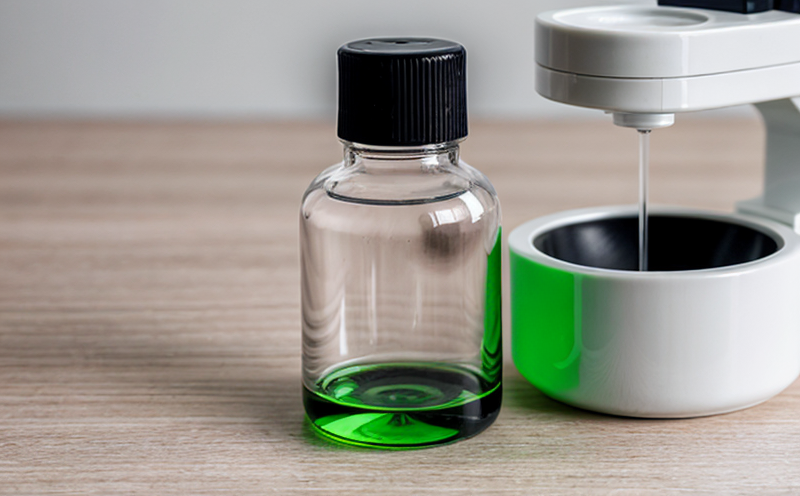Ultra High Performance LC MS Bioanalysis Testing
Ultra High Performance Liquid Chromatography (UHPLC) coupled with Mass Spectrometry (MS), known as Ultra High Performance LC MS bioanalysis testing, is a cutting-edge analytical approach that plays a pivotal role in the pharmaceutical industry. This method enables precise quantification of drug substances and metabolites at minute concentrations within biological matrices such as plasma or urine.
UHPLC-MS offers unparalleled sensitivity and selectivity compared to traditional HPLC methods, making it indispensable for bioanalytical applications where trace levels are critical. The technique is used extensively in pharmacokinetic studies (PK) to understand how a drug moves through the body over time, including absorption, distribution, metabolism, and excretion processes.
The instrumentation typically includes a UHPLC system equipped with a mass-selective detector capable of identifying and quantifying analytes based on their molecular weight. Sample preparation involves extracting biomolecules from plasma or serum using techniques like solid-phase extraction (SPE) or liquid-liquid partitioning, followed by derivatization for enhanced detection.
This service is compliant with international standards such as ICH Q2B guidelines and supports multiple phases of clinical trials, from Phase I PK studies to Phase III efficacy evaluations. The robustness and accuracy of UHPLC-MS bioanalysis make it a preferred choice among researchers seeking reliable data for regulatory submissions.
- ICH Q2B compliance ensures that the results are acceptable worldwide.
- High throughput capabilities facilitate efficient sample processing even in large-scale clinical trials.
- Precision and accuracy of measurements ensure reproducible outcomes across multiple laboratories.
The application of UHPLC-MS bioanalysis extends beyond PK studies; it also supports other areas like therapeutic drug monitoring (TDM), where clinicians adjust dosages based on patient-specific metabolite levels. Additionally, it aids in metabolism and toxicity assessments by identifying novel metabolites that could impact safety profiles.
Given its ability to handle complex biological matrices and low-concentration analytes, UHPLC-MS bioanalysis represents a significant advancement over conventional methods. It allows for more comprehensive understanding of drug behavior within the human body, which is crucial for developing safe and effective medications.
Why Choose This Test
- Precise quantification at trace levels, critical for bioanalytical applications.
- Compliance with international standards like ICH Q2B ensuring global acceptability of results.
- High throughput capabilities to manage large-scale clinical trials efficiently.
- Rapid turnaround times supported by flexible scheduling options including expedited services.
Environmental and Sustainability Contributions
By providing accurate bioanalytical data, UHPLC-MS bioanalysis supports the development of safer and more effective pharmaceuticals. This contributes positively to public health while minimizing environmental impact through optimized clinical trial design.
- Reduced waste due to efficient sample processing methods.
- Precision in dosing reduces unnecessary drug administration, lowering overall healthcare costs.
- Supports regulatory compliance which can lead to faster approval processes and earlier availability of new treatments.
Competitive Advantage and Market Impact
The use of UHPLC-MS bioanalysis gives pharmaceutical companies a competitive edge by offering precise, reliable data that enhances product development. This translates into faster time-to-market for new drugs, increased patient satisfaction due to safer treatments, and enhanced reputation among stakeholders.





